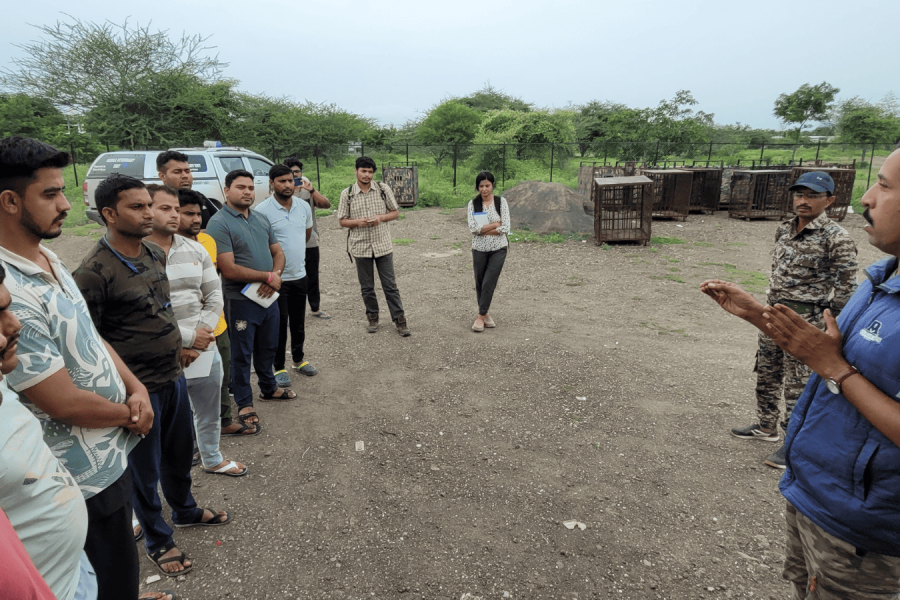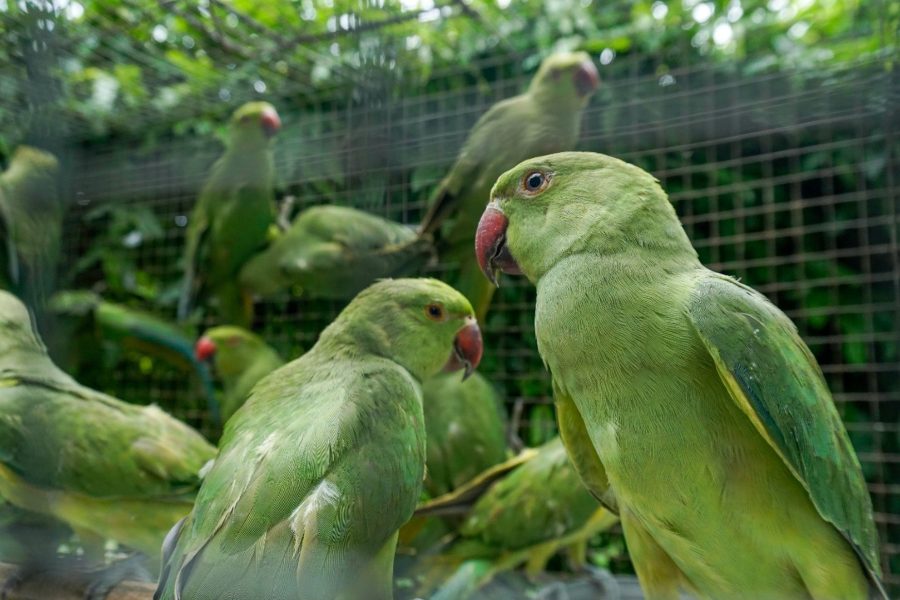Corporate social responsibility (CSR) is a business approach involving the concept of sustainable development to the corporate world. It is also often referred to as business responsibility and an organization’s action on environmental, ethical, social and economic issues.
The term CSR itself came into common use in the early 1970s. However, the new concept of Corporate Social Responsibility has been introduced by the Companies Act, 2013. The new concept of Corporate Social Responsibility has been introduced under section 135 of the Companies Act, 2013 and Companies (Corporate Social Responsibility) rules, 2014. India is the first country in the world to introduce statutory Corporate Social Responsibility (CSR) through the new Companies Act, 2013. The purpose of CSR is to make an organization socially responsible so that it can create a positive impact on the environment, stakeholders, consumers, suppliers, employees, and all members of society.
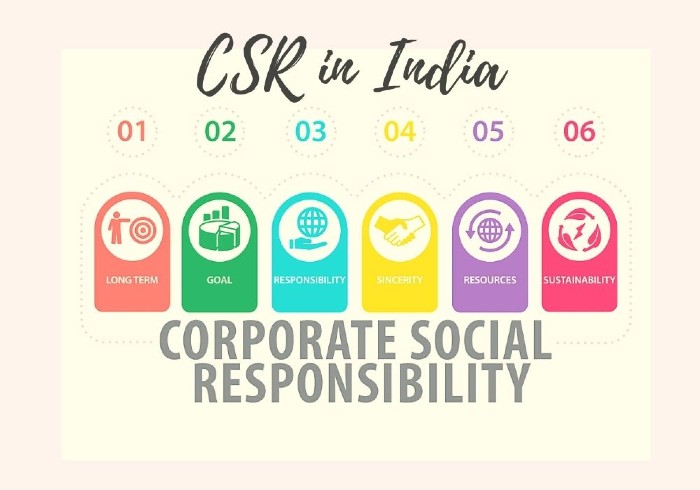
India, a biodiversity rich country, has just 2.4% of the world’s geographical area but accounts for 11.4% of the world’s plants (about 48,000 species), and 7.5% of its animals (about 96,000 species), according to government data. Unfortunately with habitat destruction and poaching, 25 species of animals and 77 plant species are critically endangered, 205 animals and 172 plants are endangered, while 385 animals and 138 plants are vulnerable, according to the International Union for Conservation of Nature. Habitat loss, urbanization, illegal trade of wildlife and fragmentation in wildlife corridors are the major reasons for the decrease of several endangered and rare species.
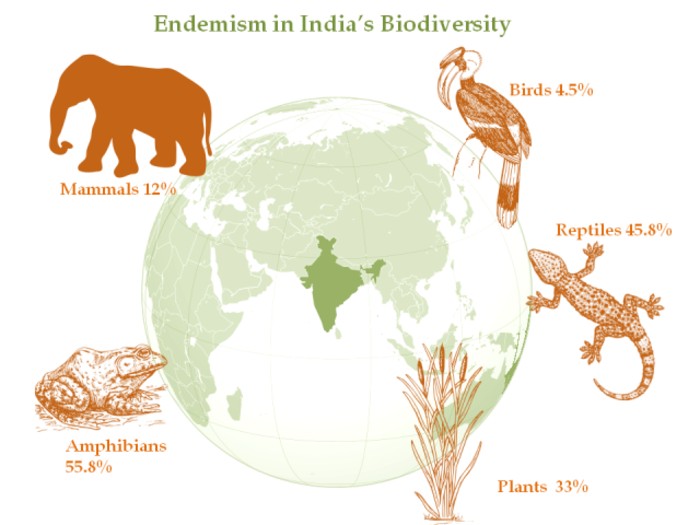
The field of wildlife conservation requires more attention in terms of receiving grants, funding and CSR attention. As the human population continues to grow, and resources become limited, conservation successes may become harder to come by, scientists say. Nevertheless, wildlife conservation organizations often struggle to find reliable sources of funding that can ensure long-term success of their conservation initiatives. Organizations like Wildlife SOS who dedicate their efforts towards habitat protection, wildlife conservation and wildlife research studies can greatly benefit from CSR initiatives.
Alliances with various corporate bodies like DELL, Tata, Reliance Industries, Adobe, Infosys etc. have proved beneficial in terms of the welfare of the animals in our care and wildlife conservation. However, given the vast expanse of wildlife habitat in the country, these are only a handful, and we need more resources for better conservation and management.

In India, the concept of Corporate Social Responsibility has always been encapsulated in the tradition of philanthropy and has focused only on education, health, religious activities and women empowerment. But the field of wildlife conservation that requires substantial capital and efforts to conserve and manage the wide array of wildlife it holds is one of the most negligible and insignificant sections of all.
Wildlife SOS, being a 26 year old wildlife conservation organization, holds over 400 animals within the rescue facilities. The housed animals include rescued elephants, sloth bears and leopards that were abused and exploited or were held responsible for human-wildlife conflicts. An animal rescue operation requires substantial funding because it involves creating infrastructure, forming enrichments, providing extra supplements and nutritious foods to the animal to cater to issues like malnutrition, medical requirements and so on.
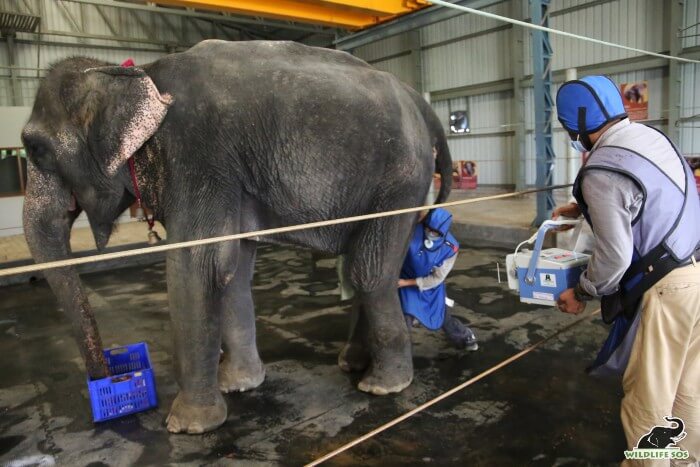
When considering the management of socially responsible activities of enterprises, or corporate social responsibility (CSR), one cannot disregard the relationship between the CSR concept and wildlife conservation. With flowing CSR grants, we will be capable of rescuing more animals in need and provide them long term care and treatment at our rescue centres. Therefore, we welcome corporate organizations from all backgrounds to be a part of the life-changing work by Corporate Employee Engagement or by providing a helping hand for our animals. For more details on Wildlife SOS’s CSR program, you can reach out to our team at support@wildlifesos.org



